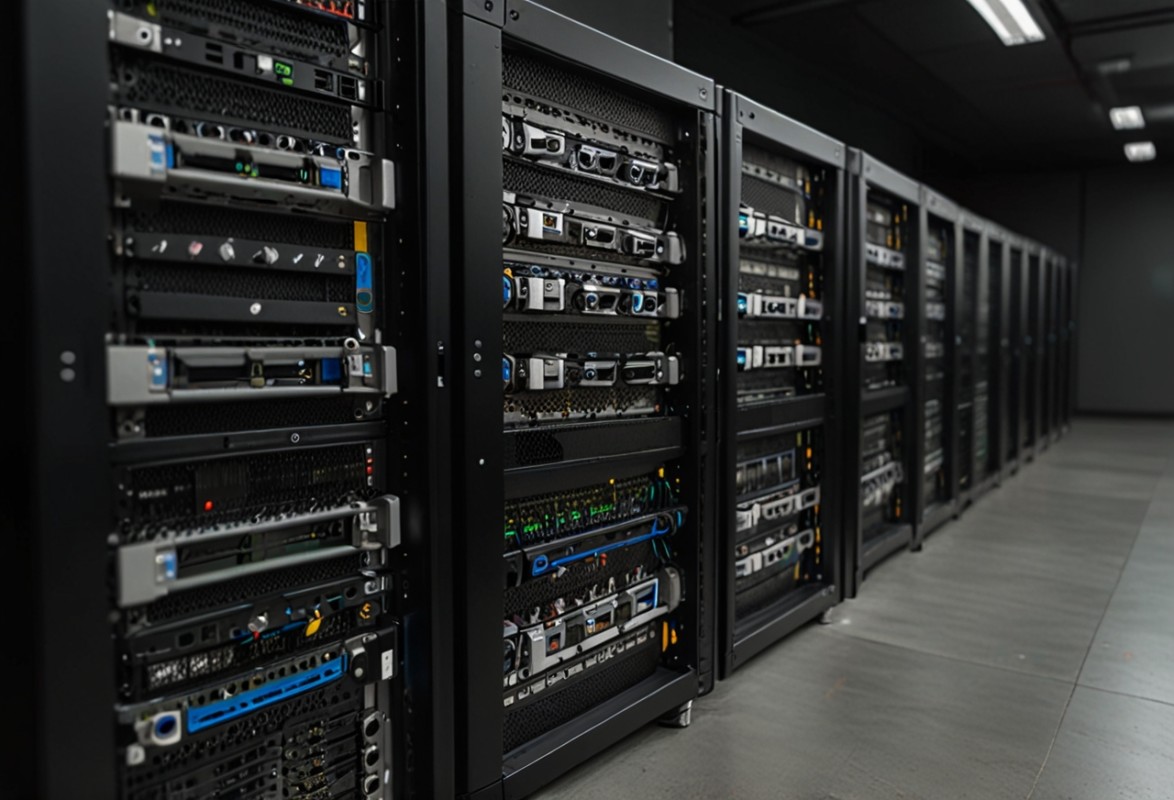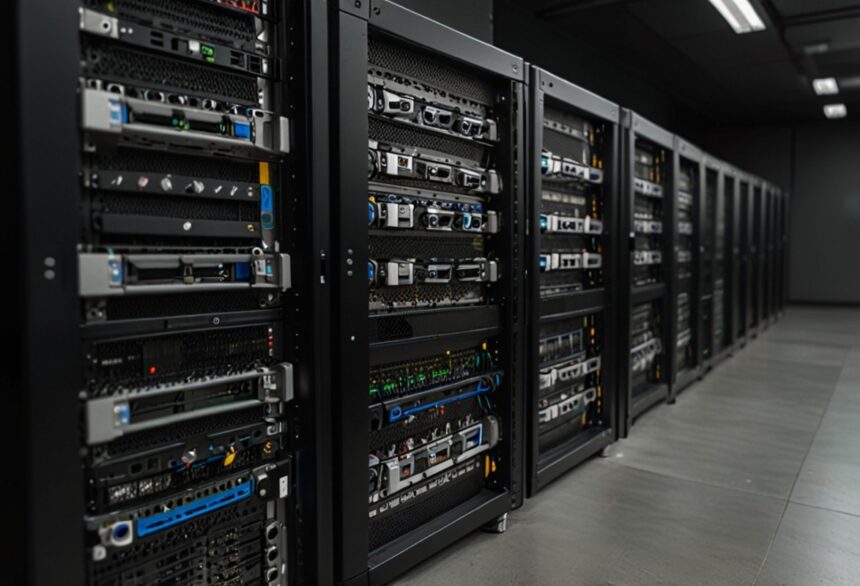
As Bitcoin becomes more and more integrated into the economy, investors are realizing the importance of scalability. Bitcoin investors are especially intrigued by the potential of this digital asset to change not only retail and personal finances, but also large institutional dynamics. From the finance to the technology sector, Bitcoin is a new realm poised to transform the way money moves. Institutional investors must make important considerations regarding network infrastructure before supporting Bitcoin at scale. Learn how to prepare with the following insights that enable security, speed, scalability, and effectiveness in institutional Bitcoin trading.
Why Institutional Bitcoin Investors Need the Best Network
The Beginning Bitcoin is like the early internet The speed at which Bitcoin can be adopted by society in a matter of days requires an efficient and effective upgrade of the network infrastructure. Financial security is paramount, and data transfer speeds are crucial to the effective integration of Bitcoin into large institutions. Optimal network performance provides the following benefits to institutional Bitcoin investors:
- Increased transaction speed.
- Enhanced security.
- more sustainable energy use;
- Ability to handle large-scale Bitcoin operations.
Upgrading your network infrastructure is a strategic imperative if you want to enter the Bitcoin space at scale. The Bitcoin market is highly volatile, and fast, stable network connections are essential to keep up. Bitcoin can significantly diversify institutional investment portfolios, but you need to be aware of the requirements to do so on a larger, even global, scale.
Network Stability
If you are an institutional investor, you are most likely working with an already established network. Large companies usually have their own servers to keep the network stable and up and running. This is essential to keep your business running smoothly, and this includes investing in Bitcoin.
Blockchain Infrastructure A certain level of network stability is necessary because a large amount of transaction data is stored in multiple databases in a distributed ledger. Bitcoin uses blockchain technology to ensure that data is nearly impossible to hack or corrupt. To ensure a network stable enough to transfer data between nodes, the following is required:
- Scalable blockchain software like IBM Blockchain.
- A trusted internal or external server, e.g. Canton Network;
- Sufficient hardware, including a robust graphics card and CPU.
- A stable, high-speed internet connection.
Stable business internet is essential, as multiple devices on your network will likely be communicating with each other at the same time. Bandwidth must always be able to accommodate the large amounts of data being transferred to and stored on internal and external servers.
Monitor performance metrics
When selecting an Internet Service Provider (ISP), hardware and software package for your institutional Bitcoin investment, look for key performance indicators such as: Packet Loss and JitterPacket loss is when some of the transmitted data does not reach the receiving end. Large amounts of data can be transmitted more easily over a network when it is broken down into pieces, or packets. However, poor hardware, buggy software, or a congested ISP’s network can cause some of these packets to get lost or corrupted.
You may also experience jitter, a process where some packets arrive late. For bitcoin investments, this is fatal. You need a reliable and stable network that doesn’t crash. You can solve this problem by upgrading your hardware, hosting your network onsite, or partnering with a stronger ISP that experiences less packet loss and jitter.
Energy consumption
Institutional Bitcoin is not only data-heavy, it is also energy-intensive. Consumers are increasingly concerned with companies’ sustainability efforts, Alternative Energy Sources for Bitcoin Mining Investing can be a strategic move. Adopting an energy-conscious move like solar power can provide the following benefits:
- Reduce energy costs and increase profits.
- You can have continuous access to abundant sources of electricity without interrupting your Bitcoin investment.
- Independence from the main energy grid will make us self-sufficient and give us a competitive advantage.
of The potential of solar power The potential to revolutionize Bitcoin mining and trading is clear. It is currently being optimized to reduce solar waste and utilize more solar power. Once these issues are resolved, using solar for Bitcoin transactions will be the best way to reduce carbon emissions and become less dependent on the energy grid. This will give institutions the resilience and stability they need to foster Bitcoin’s long-term viability.
Cloud-based solutions
If you are considering partnering with an external network solution for your institutional Bitcoin investment, research the company thoroughly. Cloud-based solutions are less energy intensive and less costly than building your own secure network on-premise. However, to keep your Bitcoin investment secure and scalable, the cloud-based solution must be just as secure. For example: Google Cloud and Voltage team up Create a global Lightning Network solution, which means providing a scalable, low-cost cloud-based service that can transmit data globally. Such a solution would establish the standard for reliable cloud-based Bitcoin transfers.
Prioritizing speed, security, and scalability
A stable network must be a fast network. Your ISP must live up to your expectations when it comes to high internet traffic speeds. Working with a secure partner or hosting your servers on-site is the best way to keep institutional bitcoin investment transactions safe and secure. Large-scale investments require a level of scalability that the bitcoin industry is only just beginning to experience. Vet all third-party institutions you work with and regularly review your hardware and software requirements. This will make institutional bitcoin investments easier as they move forward into the financial future.
This is a guest post by Miles Oliver. The opinions expressed here are entirely Oliver’s own and do not necessarily reflect the opinions of BTC Inc or Bitcoin Magazine.








